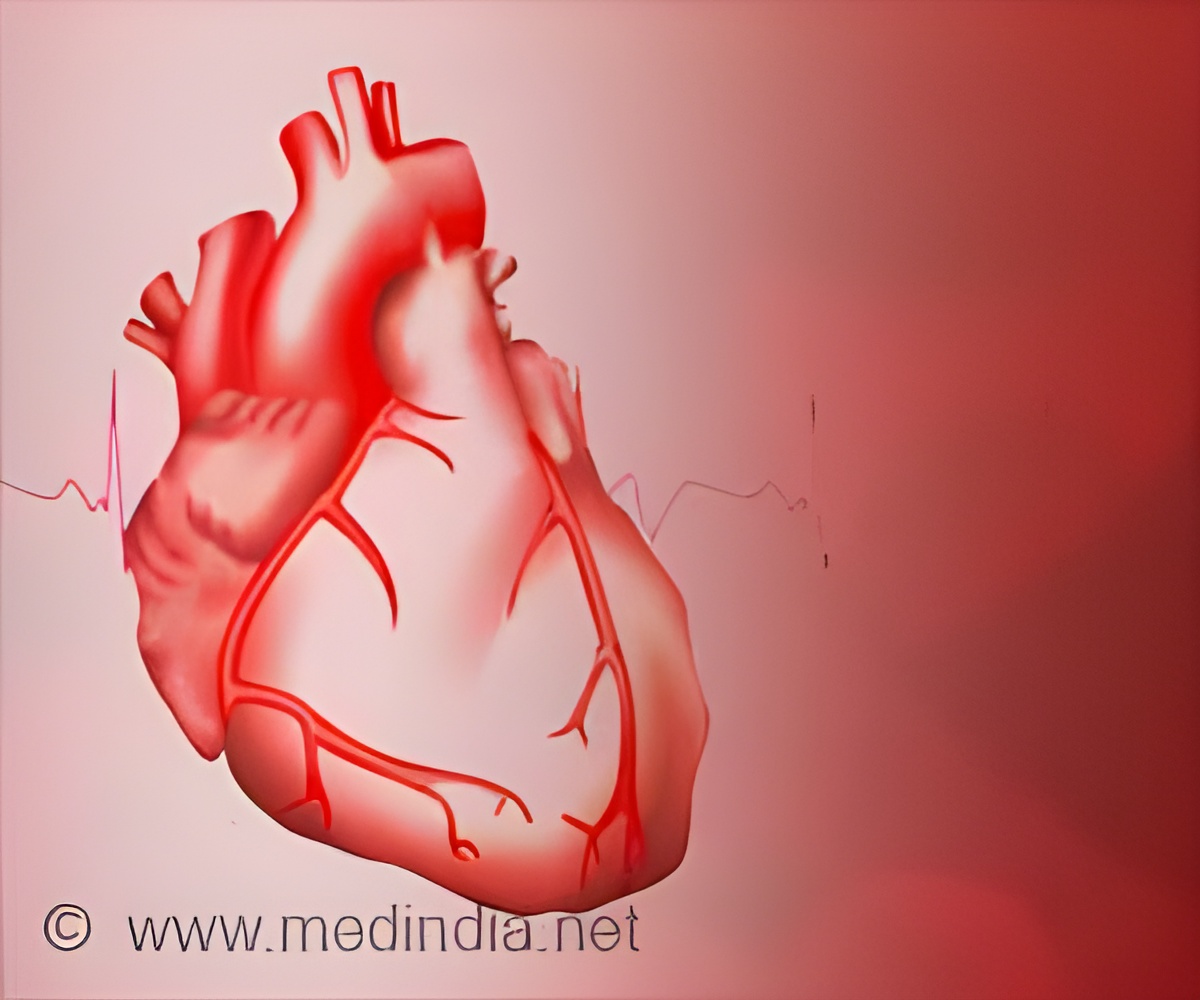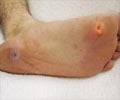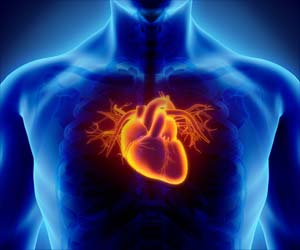Rising cardiac arrest cases in youth highlight the urgent need for healthier lifestyles. Prioritize fitness, balanced diets, and mental well-being for prevention.

Sudden cardiac arrest - Symptoms and causes
Go to source) have been on the rise lately, prompting concerns about diagnosis and prevention. The increasing prevalence of both cardiac and non-communicable diseases has puzzled corporate India and the medical community alike. When Swiggy CEO Rohit Kapoor criticized the hustle culture advocating for a healthier approach to life, many youngsters followed him on social media. But, when it comes to practice, Gen-Z and millennials are more likely to follow odd-health practices than follow preventive measures. New and rising medical epidemicRising non-communicable diseases could be one explanation for these deaths.
‘About 40-50% of #heart-related ailments affect people under 55. It's time to prioritize #hearthealth! Let's adopt healthy habits and break the stigma surrounding heart disease. #cardiacarrest #heartattack #younghearthealth’





Non-Communicable Diseases: A Global Health Crisis
The World Health Organisation states that non-communicable diseases (NCDs), such as heart disease, stroke, cancer, diabetes, and chronic lung disease, as collectively responsible for 74 percent of deaths globally. These ailments are attributed as the most challenging lifestyle diseases to tackle in the 21st century. Of the non-communicable diseases, cardiovascular diseases (CVDs) have seen a rampant increase -- from 25.7 million cases in 1990 to 64 million in 2023. It’s also a baffling trend because data from the World Heart Federation found India accounts for 15 percent of all diabetes cases worldwide.Unfortunately, a fast-paced lifestyle, digital practices, and blurring personal and professional lives do not lead to a conducive environment for healthy living.
The constant pressure to excel, and achieve personal and professional goals, succumbing to peer group and societal pressures, and unhealthy eating habits lead to chronic stress and anxiety. This phenomenon contributes to additional cortisol production which in turn aggravates the underlying cardiovascular conditions and NCDs.
WHO data as early as 2018 highlights how rising cortisol manifests into not only higher NCD but also endocrine and neurological symptoms. Clinical studies and recent cases point out that high cortisol could cause even loss of DNA.
The general perception is that ‘since I am young, I am immune to silent killers such as Diabetes, or CVDs’. Unfortunately, non-communicable diseases develop silently over the years. And, poor lifestyle choices practiced in the 20s and 30s set the stage for a health crisis in the future. Young professionals who are caught in the whirlwind of career building, often neglect basic health and work practices.
Advertisement
The normalisation of high levels of stress is dangerous. Over time, chronic stress leads to elevated cortisol levels, high blood pressure, and inflammation, all of which contribute to the development of heart disease. Mental well-being is also equally critical as physical health, yet it remains a low priority for many young people. Blaming societal pressures or corporate setup may not serve justice, rather one needs to acknowledge the clear problem. A more pragmatic yardstick incorporating physiological and psychological parameters needs to be developed. Young workers clearly need to change their perception of their own health from reactive to preventive.
Advertisement
Reference:
- Sudden cardiac arrest - Symptoms and causes - (https://www.mayoclinic.org/diseases-conditions/sudden-cardiac-arrest/symptoms-causes/syc-20350634)
Source-IANS















